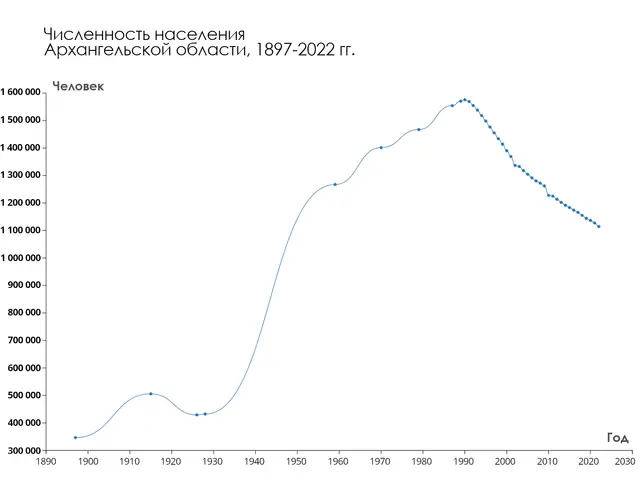Lapses in Oversight over Nuclear Security and Disposal
Inconsistent international regulations for nuclear safety and waste management hinder global efforts to prevent unsafe practices and inadequate solutions. The patchwork of rules among countries highlights the need for standardized guidelines to avoid dangerous shortcuts that could jeopardize public health and the environment.
Varying Policies Worldwide
While the International Atomic Energy Agency (IAEA) provides safety standards and guidance, their implementation varies greatly across nations:
- Some countries boast stringent regulations that meet or surpass IAEA recommendations.
- Others have less comprehensive regulatory frameworks, struggle with enforcement, or lack the resources to enforce robust regulations.
- Developing countries may confront significant challenges in establishing effective regulatory systems.
These disparities create a global landscape of inconsistent safety measures and enforcement.
Potential Dangers of Regulatory Voids
The lack of uniform international standards can lead to:
- Higher safety risks in countries with more relaxed regulations, potentially exposing workers and the public to higher levels of radiation and other nuclear hazards.
- Inefficient and improper waste management practices that can result in environmental contamination.
- Barriers to technological advancements due to differing standards.
- Erosion of public trust in nuclear energy generated by conflicting safety claims among countries.
Challenges in Nuclear Waste Management
The inconsistencies in regulations are particularly problematic for nuclear waste management:
- Long-term storage alternatives vary significantly, from deep geological repositories to above-ground storage facilities.
- Differing transportation regulations for radioactive materials create complications in international shipments.
- Decommissioning standards for old nuclear facilities are not consistent, leading to potential long-term environmental risks.
A Global Unification Necessity
To tackle these challenges, international organizations and national governments should work together to:
- Develop uniform safety and waste management protocols based on scientific evidence.
- Update regulations regularly to reflect technological advancements and new research findings.
- Create efficient monitoring and enforcement mechanisms to ensure compliance and penalize violations.
- Facilitate the exchange of best practices and data between countries and regulatory bodies.
Fukushima Daiichi Disaster: A Lesson Learned
The 2011 Fukushima disaster exposed the consequences of regulatory gaps:
- Japan's nuclear regulatory system received criticism for overly close ties to the industry it was meant to oversight.
- Emergency preparedness and response plans were found to be inadequate.
- The incident prompted a global reassessment of nuclear safety standards, particularly for those relevant to plants in seismically active regions.
Looking Forward
The inconsistencies in nuclear safety and waste management regulations underscore the human tendency to seek shortcuts in blurry or unenforced guidelines. As the nuclear industry evolves, the need for consistent, science-based regulations becomes increasingly critical. Only by collaborating with international partners can we ensure the benefits of nuclear technology are realized without compromise to safety or the environment.
Relevant U.S. Initiatives
U.S legislative efforts seek to boost international cooperation on civil nuclear programs, focusing on regulatory standardization, safety, security, financing, and governance:
- The International Nuclear Energy Act 2025 supports the establishment of an international coordination office, fostering collaboration on financing, training, education, safety, security, safeguards, and governance.
- Regular cabinet-level summits on nuclear safety, security, and safeguards are mandated to strengthen partnerships between governments and private industry.
- A Strategic Infrastructure Fund Working Group is set up to design funding mechanisms for critical national security projects, including nuclear infrastructure.
- Efforts target the promotion of standardization of licensing frameworks, enhanced safeguards, security protocols, and streamlined export policies to help achieve global regulatory alignment.
All these initiatives aim at creating a more consistent and secure global nuclear regulatory environment.
- Given the threats posed by inconsistent international nuclear safety and waste management regulations, it is crucial to establish uniform science-based guidelines across nations, thereby minimizing risks to both human health and the environment in areas like medical-conditions and general-news.
- In light of the challenges facing developing countries in establishing effective regulatory systems for nuclear science, international organizations and donor countries could provide support and resources to facilitate education-and-self-development in this critical area.
- As the technological landscape continues to evolve, it is important to continually update nuclear regulations to ensure compatibility and efficiency, not only among countries but also in relation to environmental-science, finance, technology, and other sectors.






